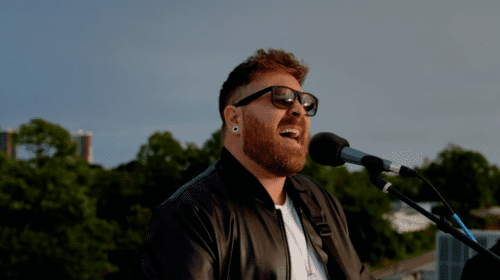Chris Cornell’s voice, arguably one of the most distinct and powerful in modern music, was tragically silenced in May 2017 after the former Soundgarden and Audioslave singer committed suicide; an act which family and loved ones attribute to drug addiction. This week, his widow is using her own voice, which is proving just as powerful in its own right, to address Congress about her husband’s suicide and its relationship to the American opioid crisis. Vicky Cornell took to Capitol Hill this past Monday to testify before the bipartisan Heroin and Opioid Task Force about the impact of addiction on families.
“My Husband’s Death Was Not Inevitable”
One of the most important and compelling aspects of Vicky’s testimony was her claim that her husband’s Suicide could have been easily prevented through education, awareness and discretion regarding drug addiction treatment in health care. Chris Cornell’s autopsy revealed that he had a variety of drugs in his system at the time of his death, including sleeping pills and benzodiazepines. Vicky claims that a painkiller prescription given to him by his doctor triggered relapse and held his physician directly accountable for prescribing the pills to a recovering addict. Her frustrations are shared by thousands of families all over the country.
The Next Verse: Vicky’s Continuing Quest to Raise Drug Addiction Awareness
Cornell is determined to extract some meaning and purpose out of her husband’s death, as difficult as that can be, by helping families who have impacted by drug addiction asked the right questions of their healthcare providers and make sure doctors and nurses are doing their due diligence in diagnosing powerful prescription drugs to vulnerable patents. She hopes to address an often glaring disconnect between the healthcare profession and treatment providers to ensure that no more families or loved ones of addicts have to go through what she did, and that those who are in recovery are not irresponsibly or absent-mindedly given drugs that could trigger relapse.

























